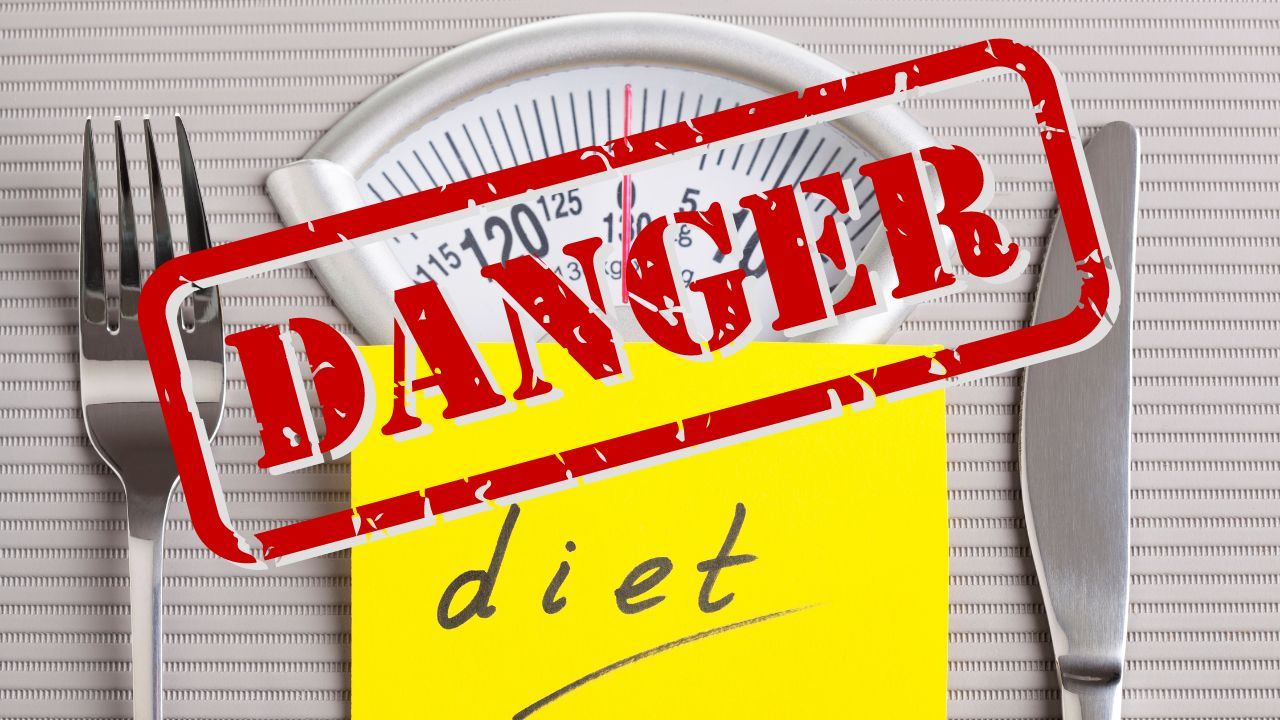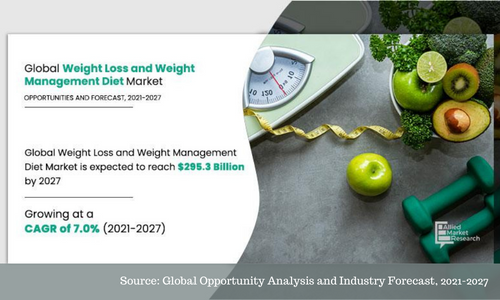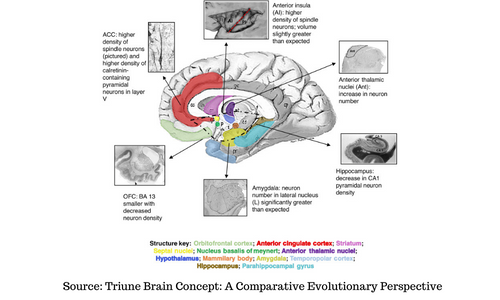3 Ways Dieting Makes Food Addiction Worse

Issue No. 34 | Brought to you by the Addiction Reset Community – ARC
Unlocking the secrets of processed food addiction and guiding you to find freedom from food and weight obsession.

When the Big Tobacco industry took over major food manufacturing companies in the 1980s, they brought along their addiction business model which had previously been highly successful in getting the vast majority of people addicted to smoking cigarettes. The explosion in the availability of highly addictive, processed food and the inevitable increase in the numbers of people struggling with weight gain, has seen a rapidly expanding diet industry.

A 2021 market analysis report by Allied Market Research, reports that the Weight Loss and Weight Management Market was valued at $192. 2 billion in 2019. This is forecast to reach $295.3 billion by 2027. The analysis report lists big food manufacturing companies among the key role-players in this market. Big Food companies continue to make lucrative profits from the suffering of people who are struggling to manage their weight as a result of the products they manufacture.

Many people turn to weight loss diets believing that this is the solution to control over food. However, new research shows that dieting can actually make food addiction worse.
Here are 3 ways that weight loss diets can contribute to the severity of food addiction.
- Caloric and nutritional deficiencies activate the food-seeking brain
In MacLean's triune brain model, the basal ganglia are referred to as the reptilian or primal brain. This structure is in control of our innate and automatic self-preserving behavior patterns, which ensure our survival and that of our species. This primal brain, also called the reptilian brain, is in charge of feeding, fighting, fleeing, and reproduction behavior patterns.
In feeding behaviors, the reptilian brain is either switched on or off, depending on whether we have eaten sufficiently. When this primal brain is activated, it does what it needs to do for survival. Driven by the fear of famine, it signals in us the urge to eat. From the beginning of time, famine has been the leading cause of death and the biggest threat to human survival. The instinctive response by the primal brain will make finding and eating food your highest priority. If you find food, you will eat it.
The reptilian brain does not understand the nuances of weight loss dieting. Calorie restriction or nutritional deficiencies in diets will switch on the primal, food-seeking brain and increase your desire to eat, regardless of your willpower wanting you to eat less. You may be able to white-knuckle it for a while, but that decision to eat or not to eat, which is located in the brain’s frontal lobe, can eventually be overpowered by the fear-off famine brain and result in stress-induced cravings. This urge gets stronger and stronger, eventually leading to an overeating binge.
Low-fat diets also deprive the brain and the body of a vital macronutrient. Every cell in your body and your entire nervous system is encased in fat. Your brain is sensitive to fat deprivation and an extended period of low-fat dieting can activate the reptilian brain to send you in search of fat. The problem is that in our modern culture, unhealthy fat is available everywhere, including harmful fats combined with sugar and excessive salt to create highly addictive, processed foods. Consequently, eating these processed foods aggravate the addiction which leads to further weight gain.
Some diets suggest liquid meal replacements for weight loss. Because you can’t live on them forever, after weight loss people with an untreated food addiction will go back to eating processed foods. This activates the addiction once again and causes regaining the weight.

- Diet meal plans may contain addictive substances
Most big diet programs also sell diet products as part of their service offering. Bars, drinks and desserts which contain ‘food-like’ addictive substances activate cravings and aggravate food obsession. Diets industry processed foods products switch off our willpower and healthy decision-making brain and activate the craving pathways in the brain.
Diet programs work on a point system which allows you “save points” for the weekend. Have no understanding of food addiction. Calorie restriction throughout the week will awaken your primal reptilian brain which gets stronger with each passing day. Using excess “points” to overeat on weekends can easily lead to overeating on weekends and exposure to processed foods can easily result in relapse.
Addictive substances permitted on food plans drive cravings. For example, sweetness from artificial sweeteners causes an insulin spike in anticipation of higher blood sugar. But in the absence of actual sugar, this Insulin response lowers blood sugar causing sugar cravings and causing overeating.
- Diets may cause stress
Stress is the leading cause of relapse in processed food addiction. The stress pathway in the brain is closely linked to the cravings pathway. Counting calories, tracking macros or keeping a food diary drives food obsession and may be stressful for many people.
Similarly, focusing on body shape, weighing and measuring your body drives weight obsession and causes stress and may lead to self-judgment or loathing, causing further stress and putting you at risk of relapse.
Pharmaceutical weight loss drugs and hormones are short-term solutions but may also induce stress or anxiety, particularly when they don’t deliver the desired weight loss effects as promised.

Within the Addiction Reset Community (ARC) our members and their journeys are important to us. We find their stories inspiring and hopeful for everybody in health recovery.
“Dr Joan Ifland has designed a plan that in a period of time - and with the right training and support – has made my cravings so minimal and replaced them with a sense of wellness and lightness of being. This will make you and your family believe in you again. You can find peace here, you can find health. Permanently. You will be understood and you will get your life back.”

Many people reach out to Joan asking for advice and assistance on how they can begin their recovery journey.
Dear Joan,
Why doesn’t my personal trainer know about food addiction? He is constantly implying that I'm not trying hard enough to follow his meal plan and that’s the reason that the workouts aren’t helping me to lose weight. The truth is that I cannot stick to his meal plan no matter how hard I try.
Joan responds:
I am so sorry to hear how this has been for you. Non-compliance is not your fault. People have been deceived by the food industry into thinking that overeating is solved by losing weight. Personal trainers are focused on that outcome but their training is in physical exercise and perhaps, some very basic training in nutrition. They simply don't know how to address food addiction.
DISCLAIMER:
Dr Joan Ifland (PhD) is a global expert on the subject of processed food addiction and is not a medical doctor. Information and response shared in this Newsletter are not intended for, and should not be construed as medical advice.
Do you have a question? Reach out to us with your questions about food addiction and recovery at gethelp@foodaddictionreset.com
Are you showing signs of Processed Food Addiction? Take this self-quiz to find out now!
Recent copies of Dr Joan Ifland's Blog:
Issue 01 | Issue 02 | Issue 03 | Issue 04 | Issue 05 | Issue 06 | Issue 07 | Issue 08 | Issue 09 | Issue 10 | Issue 11 | Issue 12 | Issue 13 | Issue 14 | Issue 15 | Issue 16 | Issue 17 | Issue 18 | Issue 19 | Issue 20 | Issue 21 | Issue 22 | Issue 23 | Issue 24 | Issue 25 | Issue 26 | Issue 27 | Issue 28 | Issue 29 | Issue 30 | Issue 31 | Issue 32 | Issue 33


